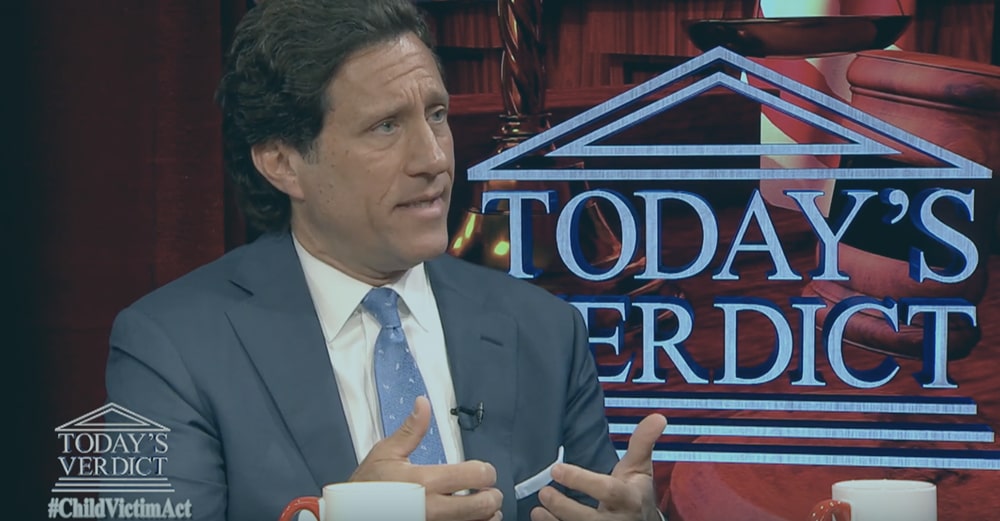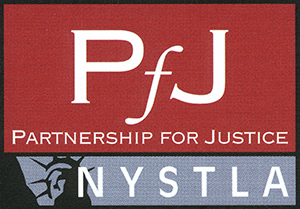What Does Involuntary Manslaughter Mean?
Posted on January 19th, 2019 by Oddo & Babat, P.C.
Criminal Defense Lawyer
Manslaughter is separated into types: voluntary and involuntary. Voluntary manslaughter is an intentional killing, but not with malice, because it is as a result of adequate provocation and done in the sudden heat of passion. Still, with voluntary manslaughter, the individual must have an intent to kill or cause serious bodily harm. Involuntary manslaughter, however, is still killing without malice, but is unintentional. Involuntary manslaughter may occur while committing some unlawful act, but without intending to cause death or harm; or by negligently doing a lawful act or failing to perform a legal duty.
For an individual to be guilty of involuntary manslaughter, a prosecutor must prove, beyond a reasonable doubt, that the individual charged caused the death of the victim, that is, that the victim dies as a result of the individual’s act. Once that is proven, there are a few ways in which a person may be found guilty of involuntary manslaughter.
- Gross Negligence
If the theory is that the individual acted grossly negligent, the prosecutor must also prove that the individual (1) knew that the situation required the exercise of ordinary care and diligence to avert injury to another, (2) had the ability to avoid the resulting harm by ordinary care and diligence with the available means at the time, and (3) omitted using the care and diligence required to avert the threatened danger when to the ordinary mind it would be apparent that the result is likely disastrous to another.
- Intent to Injure
A person may also have intended to injure the victim, but not to kill, yet the act resulted in the victim’s death. For instance, in an assault and battery situation, the prosecutor must prove that there was a battery—a forceful or violent touching of the person or something closely connected with the person—and that the individual intended to injure the person.
It would not be a defense if the injury was not the only cause of death, or if the person killed was already weak or ill which contributed to his or her death. It also is not a defense if the immediate cause of death was medical treatment, unless the medical treatment was grossly erroneous or unskillful and the injury would not have otherwise caused the death.
- Firearm Intentionally Aimed
If the individual caused a person’s death with a firearm, the prosecutor must prove that the death resulted from the discharge of the firearm. The prosecutor must also prove that at the time the firearm went off, the individual was pointing it at the victim, and that the individual intended to point the firearm at the victim.
- Failure to Perform a Legal Duty
If the individual had a legal duty to the victim, the prosecutor must prove that. A legal duty is one imposed by law or contract. The prosecutor must prove that the individual knew of the facts that gave rise to the duty, and that the individual willfully neglected or refused to perform that duty and the failure to perform it was grossly negligent to human life. Finally, the prosecutor must prove that the death was directly caused by the individual’s failure to perform this duty.
For all the ways a person may be found guilty of involuntary manslaughter, it is not enough that an individual’s act made it possible for the death to occur. The death must have been the natural or necessary result of the individual’s act.
If you or a loved one has been charged with a type of manslaughter, it is in you best interest to contact experienced criminal defense lawyers as soon as possible to discuss your options and legal strategy.


 I consulted with David the first time a couple of years ago on a serious matter that affected a very close member of my family. Not expecting a good experience from this serious situation coupled with an attorney consultation, the entire thing surprised me as it was pleasant, professional, and completely successful. We found him clear, direct, generous and extremely knowledgeable throughout the process. I give my very strongest recommendation
I consulted with David the first time a couple of years ago on a serious matter that affected a very close member of my family. Not expecting a good experience from this serious situation coupled with an attorney consultation, the entire thing surprised me as it was pleasant, professional, and completely successful. We found him clear, direct, generous and extremely knowledgeable throughout the process. I give my very strongest recommendation








